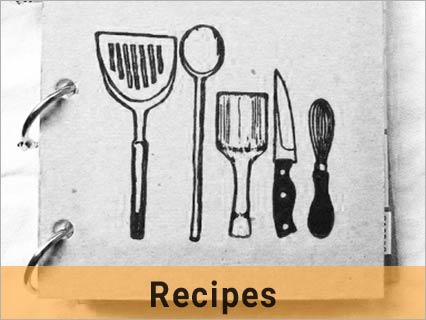Power of Attorney : the practicalities
26 Jun 2017
So, having put plans in place for a time when you need help with your financial or health decisions all should be in hand. Your attorneys are there to help you with what you can’t manage; there is someone who can talk to medical staff or go to the bank on your behalf if you need them to, but you retain as much or as little control as you need (or want). You should retain the power to see your medical information and bank statements, and make as many decisions about your future as you desire or are able to.
But things change and, as time goes by, you may need more information and reassurance about what your attorneys are doing than they are offering.
Perhaps, as an onlooker, you can see things happening that bother you about how a friend’s life has changed which could be attributed to an attorney’s reading of their situation.
Your attorney’s aim should be to ensure that they are making the best choices for you; the choices that they feel you would make for yourself. So if they are misunderstanding your wishes they need to know. Or perhaps they have stopped explaining things to you in as much detail as you would like.
Sometimes talking works, but it is often the case that a younger attorney can become caught up with their own lives, as well as yours, which will limit the time they spend listening to you.
Depending on which aspect of your POA is affected, a meeting with your attorney (the person or people you have appointed to help with your finances) and a person outside the process may help.
Perhaps your GP could help you with how you can get the best out of your day-to-day life or your bank’s financial advisor could help you to take an impartial look at whether you are using your money in the best way possible, while you and your attorneys better understand each other.
As a final resort, the Office of the Public guardian is there to monitor such problems. They have safeguarding advisors to assess more serious situations. For more information telephone them on 0300 456 0300.







